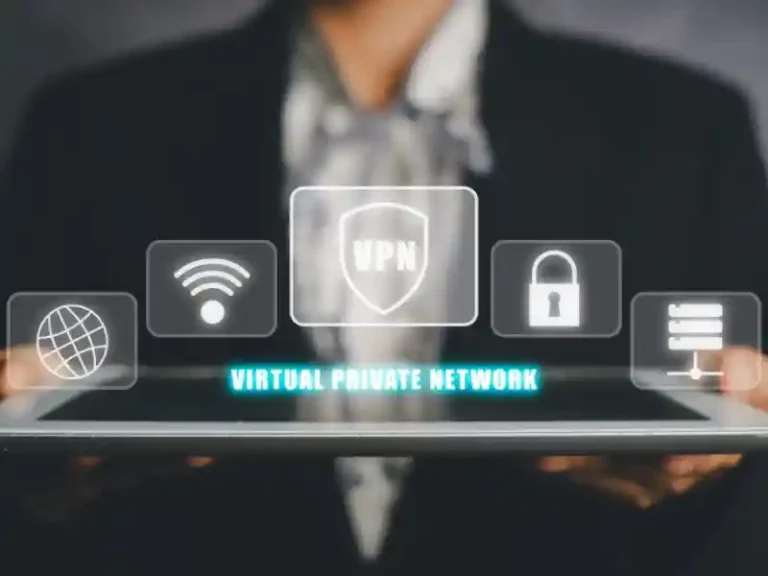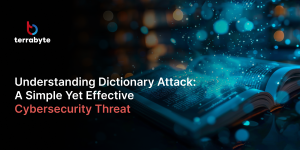In today’s digital age, where cyber threats are on the rise, protecting your online activities and sensitive data has never been more important. A virtual private network (VPN) is a powerful tool that provides a secure and private connection to the internet, shielding your data from prying eyes. In this article, we’ll explore what a VPN is, how it works, and why it’s an essential component of any cybersecurity strategy.
What is a Virtual Private Network (VPN)?
A virtual private network (VPN) is a technology that creates a secure, encrypted connection between your device and the internet. When you use a VPN, your internet traffic is routed through a remote server operated by the VPN provider, masking your IP address and encrypting your data.
Key features of a VPN include:
- Encryption: Protects your data from being intercepted by hackers or third parties.
- Anonymity: Hides your IP address, making it difficult for websites or attackers to track your online activities.
- Secure Remote Access: Allows employees to securely access company resources from anywhere in the world.
How Does a VPN Work?
When you connect to a VPN, the following steps occur:
- Encryption: Your device establishes a secure connection to the VPN server, encrypting all data sent and received.
- IP Masking: Your real IP address is replaced with the IP address of the VPN server, making it appear as though you’re browsing from a different location.
- Secure Tunneling: Your internet traffic is routed through an encrypted “tunnel,” protecting it from interception by hackers, ISPs, or government agencies.
This process ensures online activities remain private and secure, even on unsecured networks like public Wi-Fi.
Why is a VPN Essential for Cybersecurity?
A VPN is a critical tool for individuals and businesses looking to enhance their cybersecurity. Here’s why:
- Protects Data on Public Wi-Fi: Public Wi-Fi networks are often unsecured, making them a prime target for hackers. A VPN encrypts your data, ensuring it remains safe even on untrusted networks.
- Prevents Tracking and Surveillance: A VPN hides your IP address and encrypts your traffic, making it difficult for advertisers, ISPs, or governments to track your online activities.
- Secures Remote Work: With the rise of remote work, employees often access company resources outside the office. A VPN ensures these connections are secure and private.
- Bypasses Geo-Restrictions: A VPN allows you to access content that may be restricted in your region by masking your location.
- Enhances Privacy: By encrypting your internet traffic, a VPN ensures that your sensitive information, such as passwords and financial data, remains private.
Conclusion
A virtual private network (VPN) is an essential tool for anyone looking to enhance their cybersecurity and protect their online privacy. Whether you’re working remotely, browsing on public Wi-Fi, or simply wanting to keep your data safe, a VPN provides the security and peace of mind you need. At Terrabyte, we’re committed to helping you stay secure with our reliability.
Ready to take your cybersecurity to the next level? Contact Terrabyte today to learn more about cybersecurity strategy.




